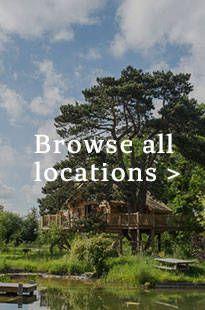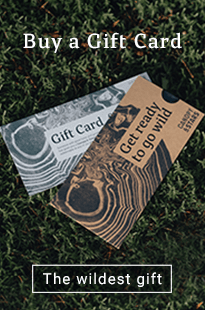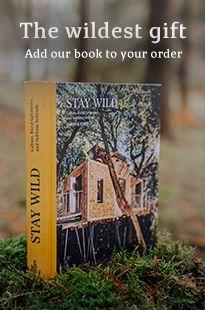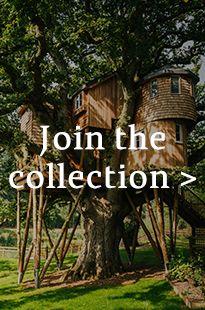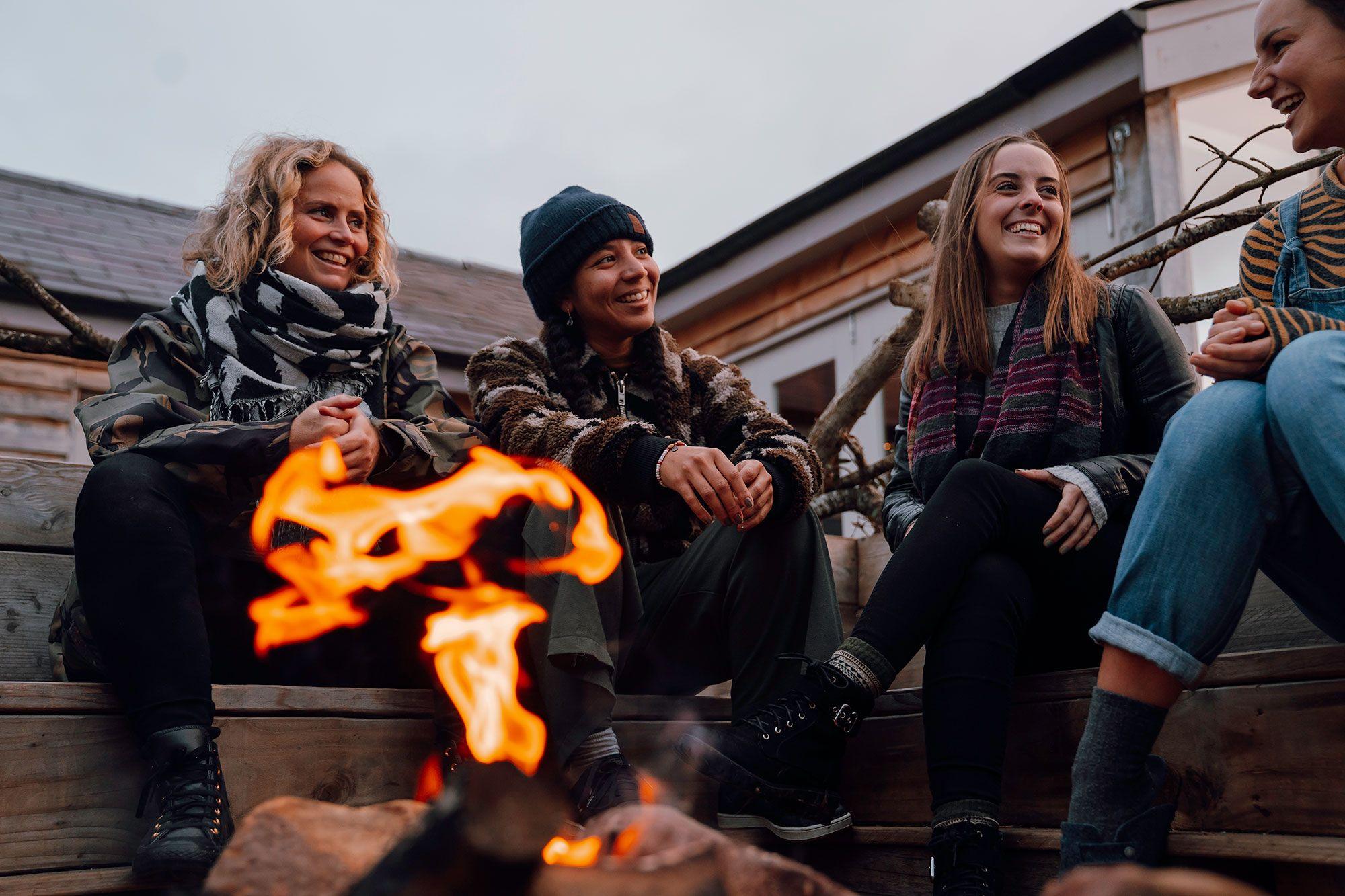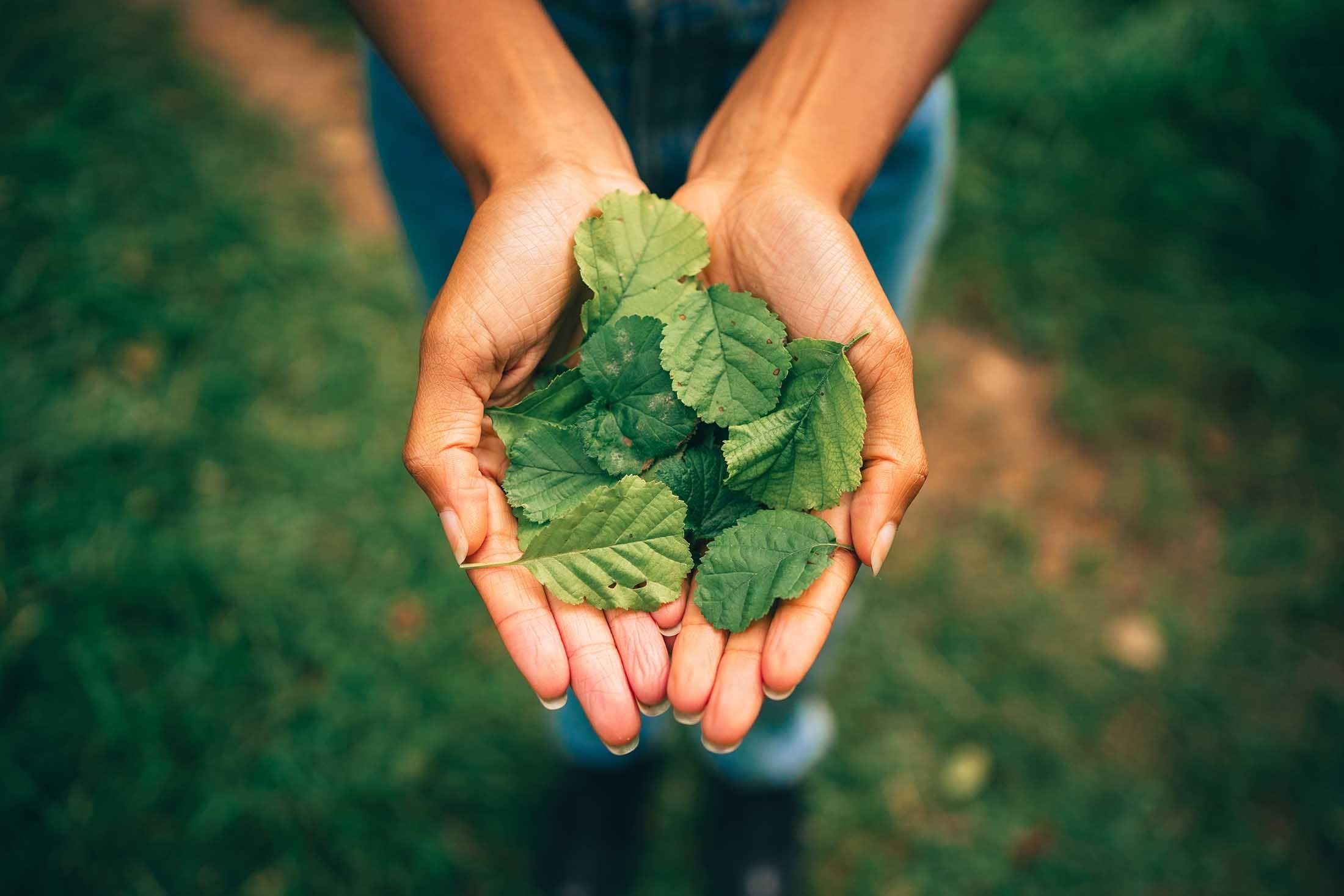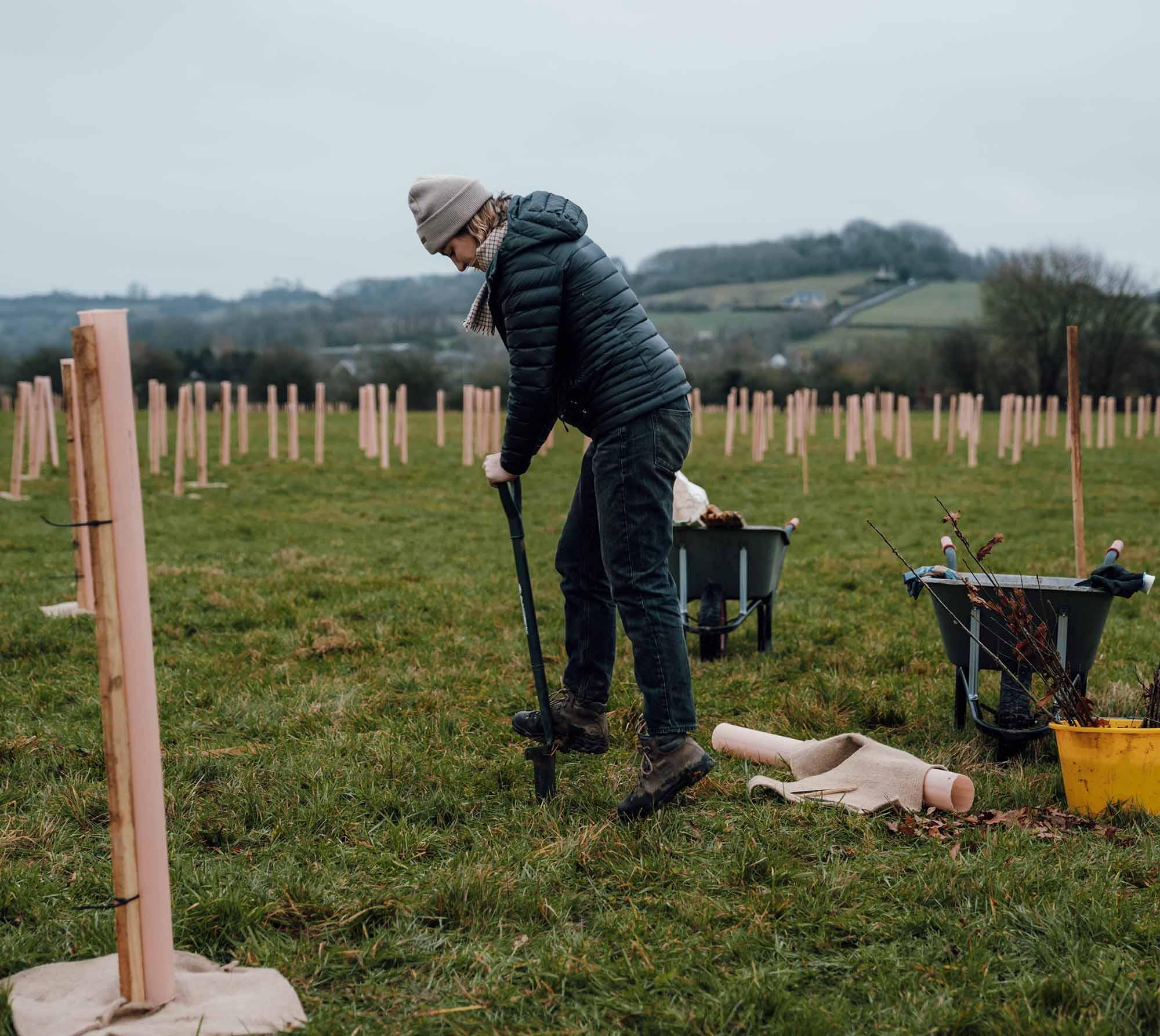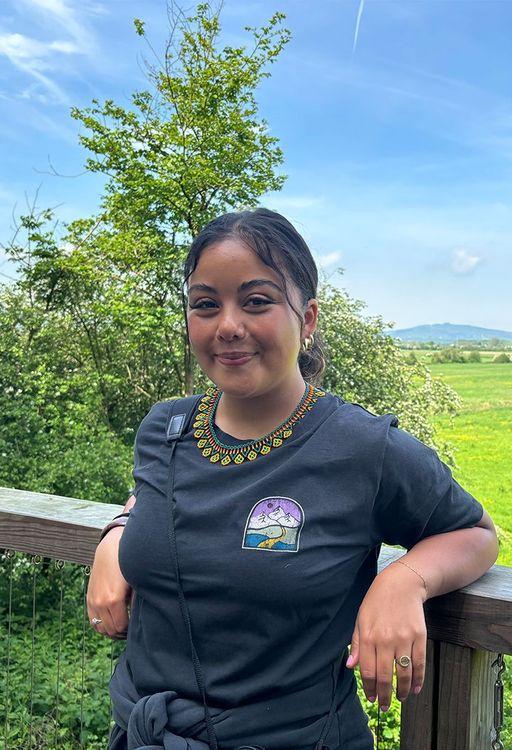
A life More Wild – Series 4, Episode 2
Lira Valencia
Join Lira on a stroll round Walthamstow Wetlands on a hunt for wildlife
It all began with snails and nail polish. Where some people who work in nature credit exotic holidays, or spectacular documentaries for the love of wildlife. It was simple gastropods that inspired Lira Valencia's lifelong journey.
So, some of my earliest interactions with nature happened in my grandma's back garden in Stratham, South London, and she's gonna hate me saying this, but there was just so many snails, there was so many snails, I just couldn’t keep up with like, trying to stop them eating her plants, so she just kind of gave into them, let them thrive. And then yeah, she had a granddaughter who loved them – me. And I would go into her back garden, I would collect the snails, I would look at them, compare shapes and sizes. My grandma also got into it. And I'd also sometimes, take her nail polish, my grandma's nail polish, and like put a little dot on some of them, so I could remember them for next time. So yeah, I was a little zoologist from young.
I'm Chris from Canopy & Stars, and this, is A Life More Wild. Join Lira now on a walkthrough Walthamstow Wetlands, as she talks about the lack of representation in conservation, barrel pigeons, and her London dolphins.
So, where we're at Walthamstow Wetlands in London, North London, nearest station, Tottenham Hale, and yeah, it's a wetlands that has 10 reservoirs, which supplies 30% of Londoners with drinking water, but also supplies Londoners with lots of wildlife to explore. So, we're gonna go on a nice loop that goes around a few of the reservoirs and hopefully we'll see lots of wildlife.
I do this walk every time I'm here. So, three times a week. And every time is different. It gives me a different experience, I see different things. So, where we are is really interesting because we're at this beautiful stream, where there's tonnes of wildlife but in the background, you can probably hear trains zooming by because we're very close to a railway. So, lots of trains pass here. But even so I feel like the wildlife has adapted to that, because it's absolutely teeming with wildlife around this river, got your willow trees, you got your butterflies, you got your birds, you've got fish in the stream as well. So, a really interesting place to be, it's calming but also you still are reminded that you're in chaotic London, when you hear lots of noise going on in the background of the trains and the cranes and, and sirens, and the road. But it's really it's really nice space, it's really nice. It's really representative of what urban wildlife is.
So, we've just seen a family of goslings, Canada geese, both parents are there and they have five goslings, super cute eating their breakfast. So, they’re munching in a way you probably just heard them go (eating noises).
Urbann wildlife for me is like a space like this where we are, so you're looking around and there's lots of greenery and lots of wildlife and nature. But then if you look and like the peripherals and if you look far enough you will see things and structures that remind you that you're in a city. A really busy city. Yeah, like trains and cars and if you listen really closely you can hear the road or you might hear a siren, you can get people talking to distance as well. Yes, just urban wildlife, just seeing like mad contrast between nature and concrete.
So, growing up in London, I found it quite difficult to find a connection to nature, deep down I always knew I loved nature. But I was a girl who grew up in blocks and in like a really urban part of of London, Croyde and South London. And I wasn't taught like where to find nature you know, like my, my family weren't really super into nature. They were new to the country as well, so obviously we're not gonna go to the countryside or anything, we’re not going to go far from where we live. So I wasn’t really exposed to nature in that sense. So, I did find it really difficult to connect and then growing up as well, like talking to friends and when I was a teenager, like nature was not what was cool. And even now, like he's still seen as like something for maybe like rural people or rich people. It's not seen as a cool thing in the city, in this city what's cool is trends and making money. You know, so in my sense, it has been like growing up in London is very difficult to get a connection to nature and find the people that you know, that love nature also and know where to find nature.
You know, I think growing up, I really struggled, like my mental health. And the only thing that brought me peace was nature. So, it was kind of hard to really get out of my comfort zone, and push myself at one point. And then I kind of realised, ‘Oh, actually, you know, like, I can do this, and I can go exploring, and I know my stuff is obvious. I've studied zoology’. So, it was kind of like, not that you need to know your stuff to explore. But it gave me confidence. I started thinking, instead of thinking, ‘Oh, this space is not for me. And I don't know enough’. And you know, I started to think, like, ‘you're fine. Like, you can go and discover these spaces. Even though you're from Croydon, you're doing an urban space. And you talk a funny way, maybe some people…’, it's fine, like, you know, nature for everyone. And you shouldn't be put off exploring nature in your area.
So, I realised nature was the only thing that brought me peace. And I think that’s for many reasons, I think when you grow up in a city, like London, which is super chaotic and noisy, your brain is almost like overstimulated, really negative noise. So, like the noise of like, maybe large crowd, or really, really loud noise coming from trains or when you're on the tube, and just constantly really like, urban noise, which can really affect your mental health. So, when you step out into nature, that all disappears. All you can hear what we're hearing. Which is your own footsteps, some birds, maybe water, depending on where you are, the leaves rustling in the air, the wind. And that just really just calms your nervous system. So, I think that brought me peace in one way. But then also, it really just quieted down like the negative, like voices in your head that everyone has, you know, you have maybe a voice telling ‘you're not good enough’, or, you know, ‘to stop going for your dreams’, or maybe money situations, relationships, family. And when you're connected with nature, that all goes out the window, because you're so invested in what's going on around you like, ‘what is that butterfly I just saw? Oh my gosh, look at those two geese and ‘oh look at their ducklings and or look at the water, look how clear it is’. So, you don't have enough space for the negative voices in your head.
So this is one of our ten reservoirs. This is what we call reservoir four. It's a really large reservoir, as you can see. And it's really important for birds actually. So, we get a lot of overwinter in ducks, so the ducks that have migrated from colder countries such as Russia, Scandinavia, and they come over and they overwinter on these reservoirs. And you can actually see some of the species that you would see coming over in the winter such as tufted ducks. So, some of them remain all year, like these ones you see. But in the winter, when lakes have frozen over in Russia, for example, they will come from Russia and land on our waters, because believe it or not, they find it much warmer in the winter than where they come from. And they come in over winter here, it's like a summer vacation for them but in winter, so they're escaping really harsh weather is in Russia and Scandinavia and coming over here to, to rest. Which is really important for them. So yeah, in the winter, this will be full of birds. And at the moment we have a few yeah, tufted ducks. We also have breeding birds on this reservoir, such as the great crested grebe. Don't know if anyone has seen this before. It's really beautiful. And they do a beautiful mating dance, which you can sometimes see, maybe we'll see it now on the water! So they pair for life. But before they pair for life, they do dances, and they get each other pebbles and pondweed. And they do a beautiful penguin dance. That's what it's called. And yeah, they mate. And every year they do that dance and every year they do that dance, before mating, in which is really really cute. So, we might see that now actually.
Wow, this bird – oh my goodness. This is a common tern. This is the first time I've seen it this year. So, they come in the spring and summer. This is my first that I've just seen this year. And they used to actually be called sea swallows. And you can see why, because they act like swallows, they are really agile and they skim over the water. Can you see that? They're just skimming over the water, so they kind of act like swallows, but they're much bigger. A tern is kind of like kind of like a gull. He's got the same colours, maybe the same size, but they act completely different. Just the way it's behaving. The way it twists and turns in the air and then dives near the water. But yeah, they're incredible, incredible birds. So beautiful. I love them. I've got real excited then because I hadn't seen them this year. So this is a sign that summer is officially here because obviously they come in the summer.
Did you just see that fish? Yeah. I love that. I don't know what fish that was. But you get a lot of, so these, these reservoirs are stocked with fish because we have a large angling community. So, people who fish. Um they’ve been here since the Victorian times. So, before we were opened as a charity, and they continued their sports here. Was that another one? Did you hear that splash? A big fish. And I love it, for me, it's like my ‘London dolphin’, because you see some of the fish jumping up, do a little flip and then they land back down. And this is why this reservoir attracts so many birds or like birds that eat fish, for example that cormorant that's flying over, can you see that? They love these fish. So, they come and eat some of these fish.
Going to study zoology was really interesting because, obviously I love wildlife. And I knew I wanted to work with wildlife, growing up. But to be honest, completely honest, I've learned more just from, and it's not to put anyone off studying zoology, please go study it. I've learned so much through you know, my studies. But I did learn more. Just going out experiencing nature firsthand. A lot of people say ‘Oh, like, you know, you studied zoology, is that how you know your knowledge about wildlife?’ And it's really not, it was just for me being outside. I don't think you need to have a degree to be a conservationist or an activist, or to know about nature. You know, our ancestors didn't go to university, and they were the best people to like protect wildlife and know about wildlife, you know. But yeah, but I learned a lot of really interesting stuff. This is really weird, but my favourite part was actually dissecting things. Like the anatomy of, of animals that really interests me. I don't know much about it now. But I remember really enjoying that when I did when I did my degree. But I would say the one thing like with the whole, you know, going to university and studying zoology, that's where my imposter syndrome kind of started. Because it was the first time I realised that I looked pretty like different. And sounded pretty different to a lot of people that have interests in conservation. Prior to then I've obviously lived in London, and I've only been around really like, mixed communities. So, when I went away to Reading to study, zoology, it was the first I really realised ‘Wow, I'm actually brown and have a really strong South London accent’ and yeah, and then obviously people commenting on that saying, ‘Oh, how come someone like you is into nature? How, you know? How come do you like nature, like, you know, you're from London?’ Like, it just kind of started, that's where like, seeds of doubt started coming up and feeling like an imposter and feeling a bit. Maybe this is not for me, you know, maybe people like me don't do conservation.
A lot of things got me through to the other side. One of them was doing a traineeship called The Keeping it Wild Traineeship with the London Wildlife Trust, which is a charity I work with now. And these traineeships are really good because they really tried to target marginalised communities, so communities you don't really see involved in wildlife conservation. So, people like myself and yeah, in that traineeship, I met so many other people like me, and it made me realise ‘Wow, I'm really not the only colour person with the top London accent that loves nature’. So yeah, in in during a traineeship, I really met my community and people who made me feel welcome. So those are Egyptian geese we hear in the background, just having a bit of a chatter! They are so beautiful. Yeah, and then also, my Instagram, my platform. I started posting, you know, my love for wildlife on my Instagram. And I was so surprised, I didn’t expect it, but so surprised by all the positive feedback and how many people inspired. And, you know, that just made me realise ‘Oh hey, like I do belong in this space, and there's like, a purpose for me’.
So, my Instagram took off really rapidly. So, it literally went from like zero to 100, and one day I woke up to so many messages after posting a video about pigeons specifically, and it had inspired so many people, especially specifically people who live in urban areas. And I remember feeling, yeah, like a little bit emotional and it was a really strange feeling because up until then, I always felt like I had to like, seek help or seek advice or yeah, seek help from others to try and get into the conservation sector, or to feel like validated, but all of a sudden, people were coming to me. So, it was like, my life, I did like a full 360 turn. And like, all of a sudden, I was helping and inspiring people, instead of me looking to be inspired or to feel like I belong somewhere, all of a sudden, people will coming towards me. And it was honestly, like, it is such a good feeling. Because I wish I grew up, you know, having someone to look up to or, you know, that that represented me or sounded like me. And now I could be that person for other people.
So, the transition from studying to actually getting a job in conservation is, is pretty, quite tricky, can be quite a roller coaster, especially in my case. You know, you're expected to have a lot of experience, and most time they want that voluntary experience. If you're coming from a poor background, then it's really hard to do that, because you can't afford to volunteer. And then finding volunteering opportunities in a city, in conservation is also really tricky. And then you have other barriers, I don't know, like, let's say, in my case, there was a lack of representation. So, I really felt that imposter syndrome. So, applying for jobs was really tricky. I felt like it was never for me. And yet, it is also really competitive field, you know, it's a dream job to be able to work outside with wildlife, you know, so when a job does go, especially in the city is just like, yeah, almost impossible to get, and you have to have tonnes of experience. Oh, and then also add in the job is never usually really highly paid. So again, if you're coming from a poor background, you know, you just start to feel like yeah, you need to get in quote, a ‘proper job’ that pays well.
So yeah, that that's just my honest, opinion on like the transitions, like being really, really like a roller coaster. But in my case, that how, like how I did it, I found like, again, inquired into like loopholes, and how to get into conservation, which I'll show on my platform. And I think that's why a lot of people like to follow. And it's just like how I found ways to get experience without breaking my bank. So, one of them being, you can find like residential volunteering, and that's it. You're not paid, but they'll pay for your accommodation and maybe your food. So, you'd have to worry about that. In exchange for you like helping them do conservation work. So, I went to Skomer island, in Wales, I did that, I went to Malta and did that. But you can find like, if you don't want to go abroad, you can find those opportunities, like across the UK with different charities. So yeah, and then once I've got my experience like that, I just started applying for, for jobs, the job I have now is actually entry level. So, you don't actually need to have tonnes of experience or even a zoology degree. And yeah, this is my first actually, this is my first paid job. So yeah, my transition is actually pretty early. This is my first paid job after doing my psychology degree. So yeah.
Every time I do a walk or workshop, people are like, like all of a sudden excited about something they've really like overlooked before. And I think that's why enthusiasm is so important, because it can be really infectious. And I love connecting people to nature and like, just making them see things differently. It could be even like a tree, I could tell them that maybe a fact about, I don't know, a tree and its purpose and all of a sudden, they see that tree so differently. So yeah, that feels really good. I like that about my favourite part of the job is probably connecting people to nature, making them see nature and wildlife in a different way. And especially urban nature, because there's stuff you see every day, like starlings or pigeons, or trees or a ladybug. But if you have someone who's really enthusiastic, telling you something really cool about those things, you just see it in a different light and people appreciate those things even more.
I think just being a nature lover in general has really changed the way I see London and when I'm walking around London, you see things quite differently. Like you pay attention to the little things, you could be walking on a really busy road but then there's like a really rare plant like poking up through the cracks, you know, like a wildflower and you take a moment, and you take your phone out and you ID it and you learn about it. Like those little things when you're connected with nature or interested. It really changes the way you experience things – even in a really busy city. So yeah, in that sense, yeah, nature has really shaped the way I live my life in a city and honestly anywhere, like now if you take me outside of London, for example, I was in Gloucestershire and a beautiful treehouse with Canopy & Stars, and I was surrounded by wildlife and honestly my mind was blown. I couldn't walk anywhere because it'll take me so long, I'll stop everything. I'll see a beetle I've never seen before, seen a butterfly never seen before. See a bird I’ve never seen before. I'd hear things I've never heard before. So, you really experienced things so differently when you're into nature?
I don't know it just makes you, I think a lot of people who work outside tend to be like, just like lighthearted, maybe happy people because you're just always like, intrigued things you know, like, well, just everything around you makes you happy in a weird way. Like even like lots of common things. Just brings like joy to your everyday life. The other day as well, yesterday actually, I was sitting on a tube, this is really weird. I got a video. There was an ant like circling my foot. But like constantly circling, and I couldn't stop – like the whole of my tube right, I was just watching this ant just got, and it was a busy packed hot, noisy tube. I was just thinking, where does it come from? How did it get here? Where's it going? Why is it on the Victoria line? Where's this ant going? Yeah, and obviously I've tried to scoop it up and I couldn't, but yeah, little things like that when you when your into nature, you just spot the most randomest, most coolest things like an ant on the tube.
Let's hope you get that excited next time you see a common tern. And that you learn to look for nature wherever you are, and that you look for ways to engage with the outdoors and for ways to help as many people as possible do so too. In our next episode, we'll be walking with Mikaela Loach, as she revisits the site of the Resist Glencore Protest, a key moment in her journey from medical student to full time activist and campaigner.
Follow Lira on Instagram to see what she spots outside as the seasons turn, or ourselves to see us working on the podcast and discovering great new places.
A Life More Wild is an 18Sixty production, brought to you by Canopy & Stars. Production by Clarissa Maycock. Our theme music is by Billie Marten.

